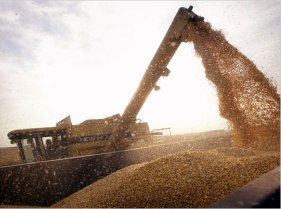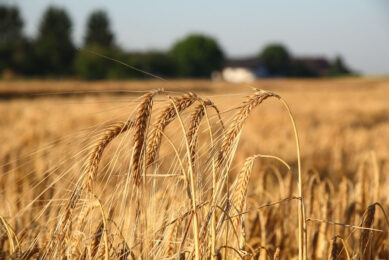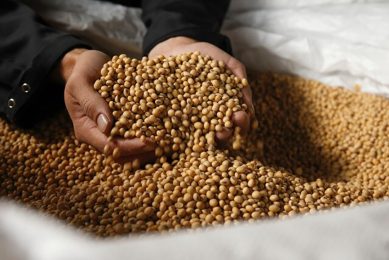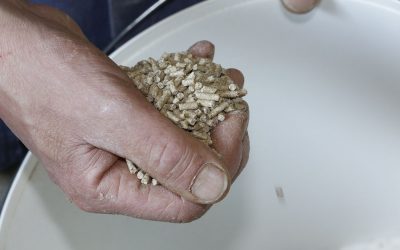Stalemate on EU decision on trace GM in feed

A European Union committee was not able to reach a qualified majority on Wednesday for a proposal to allow imports with minute levels of unapproved genetically modified (GM) material in animal feed. European feed manufacturers disappointed.
Opposition to the plan from a number of EU states, including France, meant that the committee could not reach the qualified majority after two days of talks in Brussels.
Rather than abandon the proposal, discussion among EU governments will continue at a future meeting, an EU diplomat on the committee told reporters from Reuters. February 22 was mentioned as a possible date.
"The European Commission takes note of the fact that some member states have requested a prolongation of the discussion on the issue," the EU’s executive said in a statement.
Adoption will now depend on whether France can be convinced to reverse its opposition to the plan, as other sceptical states are unlikely to change their position, sources close to the issue said.
Only feed
If adopted, the 0.1 threshold would only apply to imports of animal feed and not human food, despite warnings from exporting states that it is impractical and costly to separate global grain supplies into those destined for food and those for feed.
A majority of EU governments seems to be in favour of a similar threshold for food imports.
Fefac favours 0.1%
European feed manufacturers association Fefac had called on Member States to urgently adopt the ‘technical solution’ of 0.1% tolerance.
Fefac President Patrick Vanden Avenne said that, “the EU cannot afford to wait any longer after almost five years of discussion on the impact of the EU zero-tolerance policy on traces of GMOs not yet approved in the EU in feed materials imported from third countries”.
“The EU livestock sector, in particular the pig farmers, is currently facing the most severe crisis for decades.
“It’s time for the EU to catch up with the reality of global expansion of GM crop acreage to ensure feed and food security of EU livestock farmers and consumers by adopting the technical solution’ as a first step in the right direction,” he said.
Cost rise
Independent economic impact assessments for continuation of the zero-tolerance policy show a cost increase of almost €4 billion for partners in the feed chain, livestock industry and EU consumers.
The cost tag could rise even higher in the coming months should the EU not be able to import anymore soybean meal from South America.
Farmers’ support
Several governments back the move on GM-crops and so do farmers’ organisations. Irish Farmers Association President John Bryan said that “at a time of rising input costs, it is critical that Irish producers are not left at a disadvantage because of delays in authorising feed.”
Bryan said pig producers, in particular, have been under severe pressure as their input costs have risen dramatically in the last six months.
“They are losing €15 on every pig produced, something which is not sustainable and is placing thousands of jobs at risk. They are finding it very difficult to source credit, and they must have access to the most cost-effective feed supplies to compete in the global market.”











